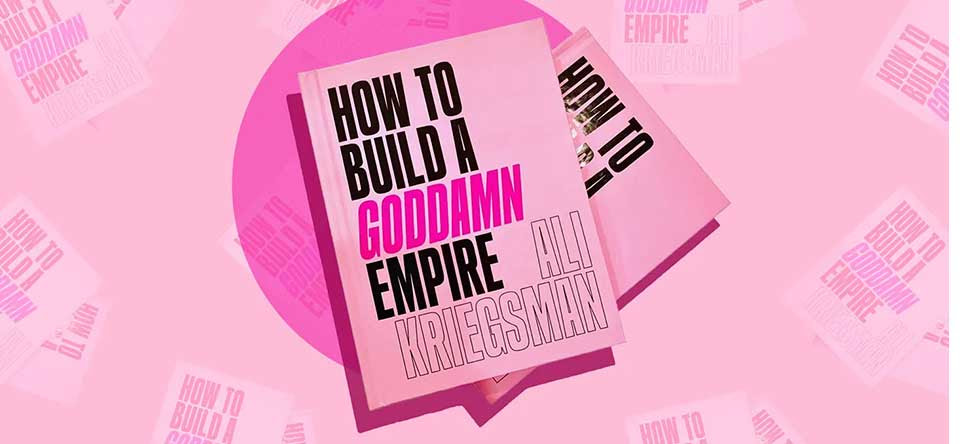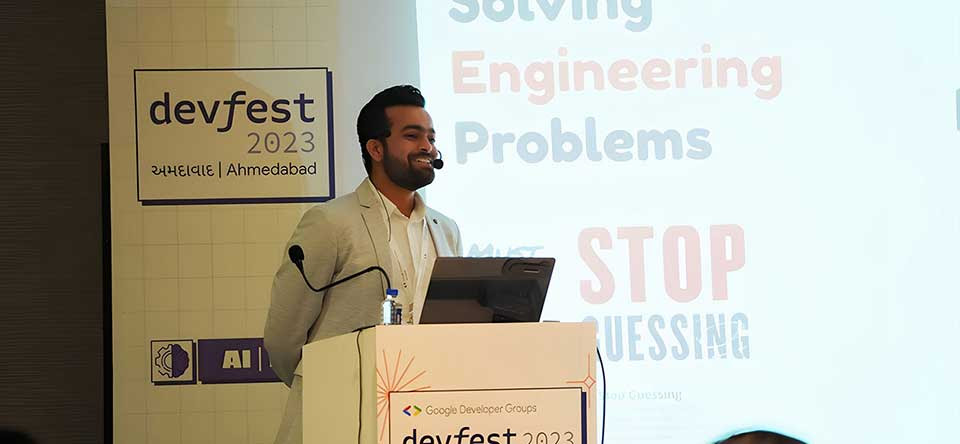September 18, 2024 | #001 | Free Version
Welcome to Startup Blitz, a weekly newsletter full of timeless ideas and insights you can use in your online business.
Since AI can’t generate original content, they’re utterly forgettable. You won’t stand out; people won’t remember you. A company with a bigger budget and stronger SEO can easily replace you.So, instead of doing AI content, focus on the following:
Another tip: If you are doing keyword research, avoid keywords that trigger AI overviews. If Google’s AI can already answer the query, it’s probably not worth your time to recreate that content.
Most salespeople follow a script. Matthews likes the question progression from SPIN Selling. While this is effective, it can turn conversations into interrogations.
Matthews’ approach is different: he uses questions as launch points for telling pre-planned, true stories that illustrate the points he wants to make.
Why does this work? Because we humans love building rapport through storytelling. So, rather than bombarding prospects with endless questions, Ashwin uses stories to build trust and showcase the business’s strengths.
He gives an example from his recruiting business:
This subtle story reframes the conversation. It puts the business in a position of strength by showing off its ability. It also shifts the power dynamic to make it seem like they are vetting the client.
One of the key traits of a great marketer, she says, is not getting distracted by vanity metrics.
“Marketing can get bogged down in vanity metrics. The number of people who engage with a tweet, arrive on a landing page or open an email — those are all bullshit metrics,” says Muthukumar. Such stats can divert attention away from what truly matters to the business.
“What I’ve tried to do in the entirety of my career is focus more downstream. When it’s in partnership with sales, we actually take a look at revenue that’s influenced. When we work with the product team, we’re looking at engagement and usage. The focus was on those bottom-of-funnel metrics, but of course we would still keep an eye on the top-of-funnel numbers,” she explains.
Another interesting approach she highlighted was how Stripe never focused on outdoing competitors.
“At Stripe, we borrowed ideas from people who were doing things well, but very much from outside of our domain. So we would never try to one up our competitors. We would steal copiously from domains as far ranging as healthcare to people who were launching new programming languages to the security field,” Muthukumar says.
“For example, we launched a Capture the Flag tournament at Stripe, and that’s typically for InfoSec researchers and Black Hat areas of security research. We did that in the payments domain, and we had no expectations of how many developers would participate. But at its peak, we had about 10,000 people go through the entire five different levels of the Capture the Flag challenge,” she says.
Ali Kriegsman is the Co-founder of Bulletin, a B2B wholesale marketplace that was acquired by Emerald. She’s a recipient of “Forbes 30 Under 30” and was named one of Fast Company’s “Most Creative People in Business.”
In her book, Kriegsman provides honest and practical advice on what it takes to build a brand from the ground up. One key takeaway is the importance of self-promotion. This is something many new business owners need to hear:
“Your hustle needs to be put on display in order for your business to grow and in order to find people who will support you and champion you. No one will give a f*ck about your side project, solo gig, or startup if they don’t even know it exists. You never know who you’ll meet or how they can help you, so when someone asks, What do you do? Think of it as an opportunity, not a challenge. Remember that most people are more curious than critical and that the more confidence you bring to the conversation, the stronger the outcome. As women, we’re taught to be modest and polite. Or, if you’re like me, you fear the ramifications of promoting your hustle: getting patronized, being laughed at, or feeling underestimated.
“But by waiting for permission to show off a bit, or letting those fears take over, you’re actually screwing yourself over. Don’t wait for your product to be perfect or worry you’ll be “outted” because your company isn’t perfect. Don’t wait for your company to be funded or flush with cash—talking up your hustle may help you meet your first investor or someone who knows someone who knows an investor. Your Instagram page doesn’t have to have ten thousand followers for you or your brand to be considered legit. Every major brand, influencer, celebrity, and business had zero followers at some point, too.
“There are a plethora of ways you can overcome impostor syndrome or silence negative self-talk: log your accomplishments in a journal, stop comparing yourself to others, avoid social media accounts that make you feel inadequate, form a circle of like-minded doers who will applaud your wins, hash out your feelings of inferiority with a therapist, parent, or partner, and simply realize the validity of what you are feeling. This shit runs deep! Internalize the fact that you are not alone, and that everyone—even the founders or people you idolize—experiences the same nagging sense of complete and total incompetence. Your success will not come from negative self-talk, or sheepishness, or shame. It will come from giving all those things a stiff-ass middle finger, as best you can, and putting your project, career shift, risky solo move, or new company at the center of your entire world with confidence and conviction. That decision will determine how many opportunities fall into your lap, how any helpful people you meet, and ultimately, how far your new adventure will go.”
Sharma’s journey began in a small village in India and has taken him to the forefront of the tech industry. His story is one of persistence, innovation, and risk-taking.





